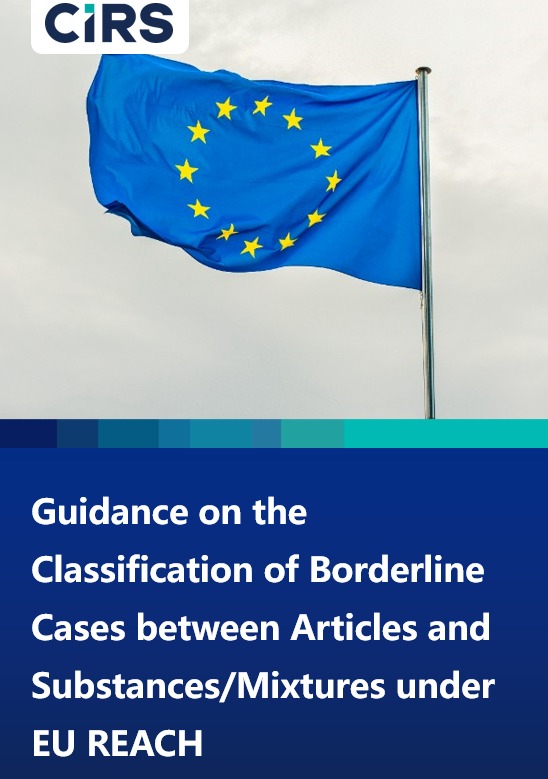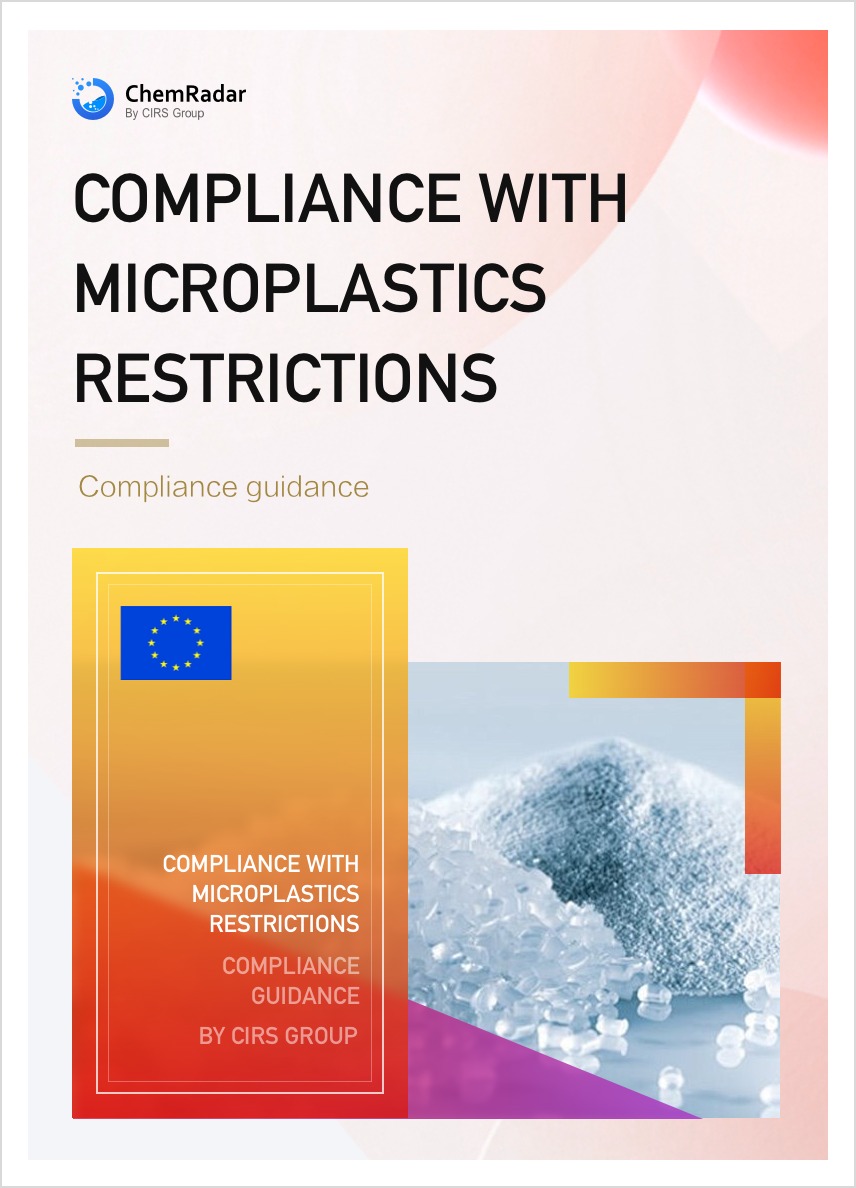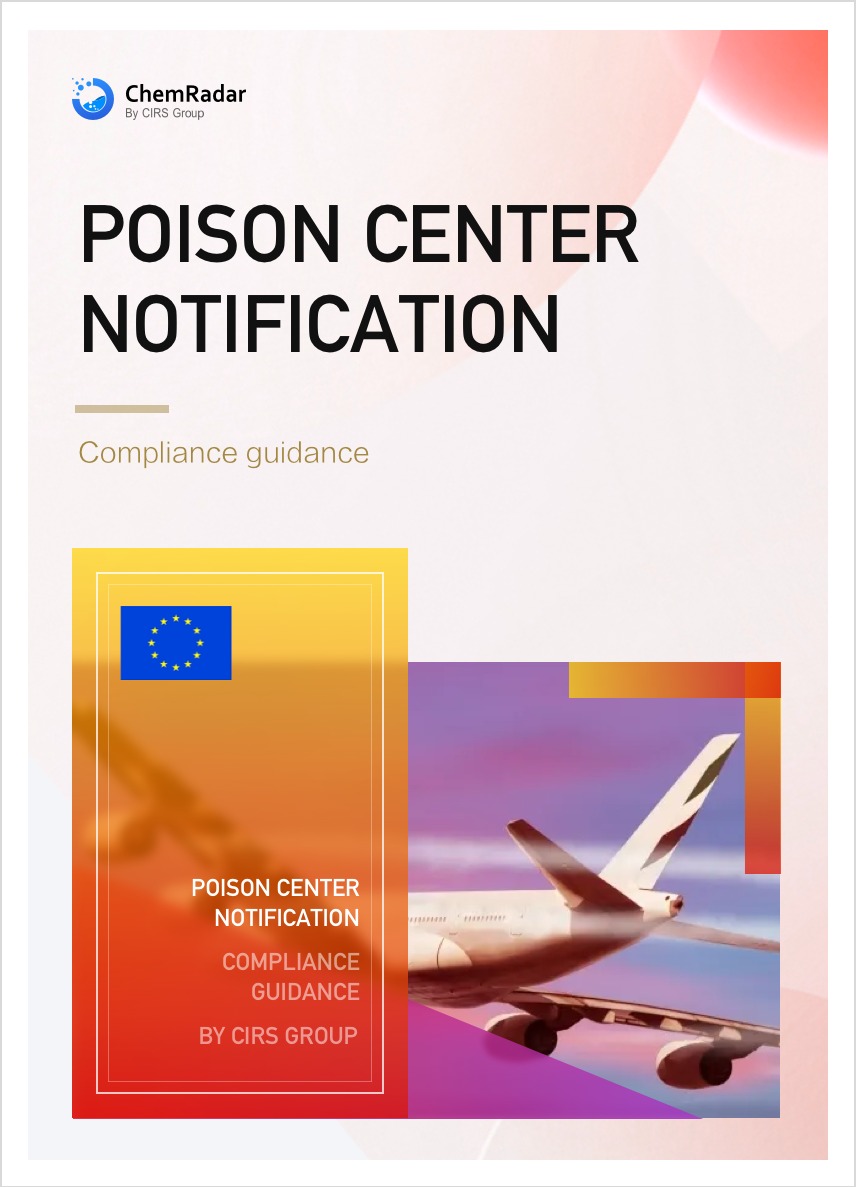On September 8, 2025, the European Commission adopted a delegated regulation to update the export control list of dual-use items outlined in Annex I of Regulation (EU) 2021/821.
Background
The EU dual-use items export control list is based on internationally recognized control standards, requiring an export authorization system for the listed items. As Annex I of the EU Dual-Use Items Regulation, this list is typically revised at least once a year through delegated acts.
Reason for Update
In 2024, international non-proliferation regimes—such as the Australia Group (AG), the Missile Technology Control Regime (MTCR), the Nuclear Suppliers Group (NSG), and the Wassenaar Arrangement (WA)—adjusted their respective control lists. On May 23, 2025, EU member states unanimously endorsed the new control commitments under the Wassenaar Arrangement. To ensure the unified and synchronized implementation of these new control measures across the EU, it is necessary to update Annex I via a delegated regulation.
Update Detail
Specifically, this update of the EU control list provides for the addition of new dual-use items, including:
- Controls related to quantum technology (e.g. quantum computers, electronic components designed to work at cryogenic temperatures, parametric signal amplifiers, cryogenic cooling systems, cryogenic wafer probers);
- Semiconductor manufacturing and testing equipment and materials (e.g. Atomic Layer Deposition equipment, equipment and materials for epitaxial deposition, lithography equipment, Extreme Ultra-Violet pellicles, masks and reticles, Scanning Electron Microscope equipment, etching equipment);
- Advanced computing integrated circuits and electronic assemblies such as Field Programmable Logic Devices and Systems;
- Coatings for high temperature applications;
- Additive manufacturing machines and related materials (e.g. inoculants for powders);
- Peptide synthesisers, and;
- Modification of certain control parameters and update of certain technical definitions and descriptions.
The updated EU control list enters into force after the usual two-month scrutiny period for the Council and the European Parliament.
Further Information




